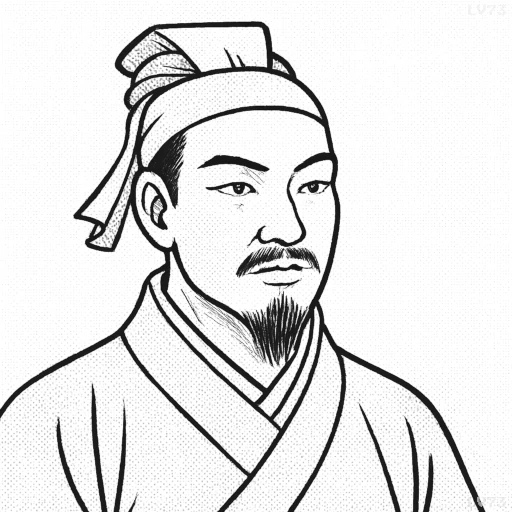“He will win whose army is animated by the same spirit throughout all its ranks.”

- 544 BC-496 BC
- Born in China
- Military strategist, military strategist
table of contents
Quote
“He will win whose army is animated by the same spirit throughout all its ranks.”
Explanation
Sun Tzu emphasizes the importance of unity and cohesion within an army. Victory is not solely determined by superior numbers or tactics but by the shared spirit and common purpose among the soldiers. When every member of the army, from the highest officer to the lowest rank, is motivated by the same goals, values, and determination, the forces are more likely to perform with discipline, efficiency, and resolve. A unified spirit fosters strong morale, encourages collective effort, and ensures that soldiers act in harmony, even under extreme pressure. Disparities in morale or motivation can lead to confusion, defections, or failure to execute strategies effectively, making the cohesion of the army a decisive factor in battle.
This principle is equally relevant in modern leadership, business, and organizational success. In the corporate world, a company’s culture and the alignment of its teams around shared values and goals can be more critical to success than individual talent. For example, Apple has thrived partly because of the shared vision of innovation and excellence that permeates throughout its employees. In political leadership, when the government is united in its vision and purpose, it can overcome external threats or internal divisions. For instance, during World War II, the united spirit of the Allied nations helped them prevail against the Axis powers, despite differing political systems and interests. In sports teams, unity and the shared team spirit often determine whether a group of talented individuals can become champions. Sun Tzu’s insight into the importance of shared spirit remains vital in any endeavor where cooperation and shared commitment are key to success.
Historically, leaders have recognized the power of uniting their forces through shared purpose. Napoleon Bonaparte cultivated a strong esprit de corps within his army, which contributed to their remarkable discipline and effectiveness on the battlefield. Similarly, Alexander the Great inspired his soldiers with a sense of shared destiny, driving them to continue their conquest despite great hardships. In the American Civil War, Abraham Lincoln understood the importance of maintaining unity among the Union soldiers, emphasizing a common purpose to preserve the nation. Churchill also galvanized the British people during World War II, fostering a collective spirit that helped them endure against the overwhelming threat of Nazi Germany. Sun Tzu’s assertion that the victory of an army depends on its spirit and unity continues to be a central principle of successful leadership and strategic execution.
Would you like to share your impressions or related stories about this quote in the comments section?


